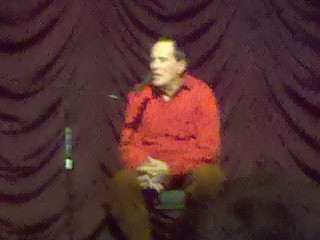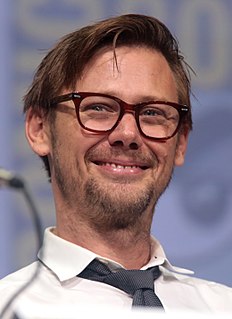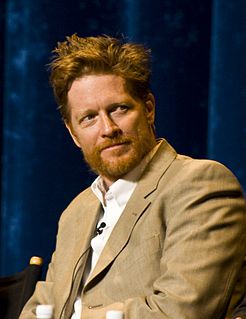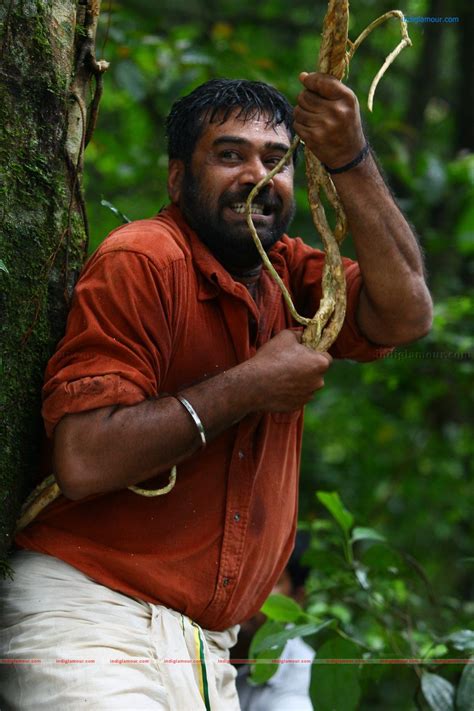A Quote by Hugh Grant
If it's a choice between doing a film and not doing a film, I'd rather not. But then, you remember that you're supposed to be earning a living and that it's your career.
Related Quotes
At 21, you can live life with reckless abandon, as reckless as your abandon is. Then, at 30, there's something there are the supposed to be's. You're like, "I'm supposed to be doing this. I'm supposed to be doing that." You start measuring your life by what you think you're supposed to be doing. Having recently turned 40, it's like, "What the hell?! Why am I worried about what I'm supposed to be doing? What do I want to do?" You become fine with wherever the road takes you.
It's a passion when you're doing it for other people and you're doing it for the people around you making the film and the people who are going to see the film, and the giving. When you start thinking about you doing it for some sort of self-gain, then I think it becomes an obsession. It becomes a negative experience.
When you're making a film, you don't really have time to consider what the whole of your film is. And then, when you're releasing your film and promoting your film, you're looking at it in a different way. Then, as you move away from it, you start to look at it objectively and think, 'What could I have done better?'
I believe that earning your living doing something you enjoy is one of the very best ways to nourish yourself. But even if you are employed at something that is not your ideal work, it is important to find ways to take as much pleasure in it as possible. Living in the present moment can make ordinary activities more interesting and joyful; you may be surprised, if you only look, at what you will find. If you try to stay connected with why you are doing what you are doing, for example, then even the parts of your life that aren't especially interesting can become more meaningful.
Your first film is always your best film, in a way. There's something about your first film that you never ever get back to, but you should always try. It's that slight sense of not knowing what you're doing, because the technical skills you learn - especially if you have a film that works, that has some kind of success - are beguiling. The temptation is to use them again, and they're not necessarily good storytelling techniques.
My biggest difference with our film and those kinds of science fiction films is that they are going from one special effect set piece to the next, what we were doing was more of a character study. And I think that is the freedom that you get by doing an Indie film. You can only really do that with a lower budget. So I understand where the conflict is between those two priorities.




































